Under the law, we can’t start negotiation when you’re on strike – Govt tells teachers
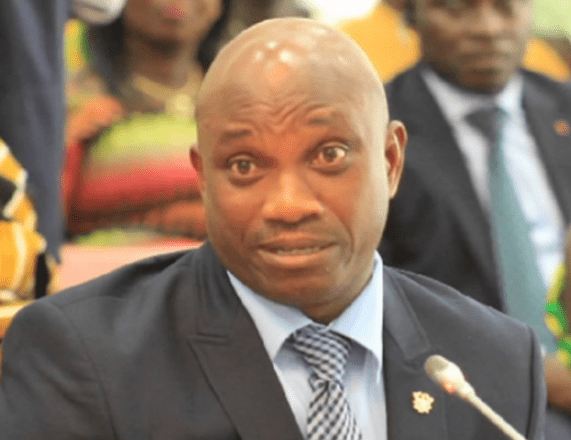
The government has told the striking teachers that negotiations with them cannot start when they are still embarking on their industrial action.
Deputy Minister of Employment and Labour Relations, Bright Wireko Brobbey explained that the labour law does not permit negotiations to start when the strike is still in force therefore, they have asked the teachers to bring an end to their action.
He told journalists in Accra after a meeting with labour unions, “we started engaging them. Last Friday we met them and then we adjourned the meeting to today. You will recall that the Minister for Employment issued a statement and he appealed to them to call off the strike and for the government’s side to meet the entire organized labour because this was a matter that affected all labour unions, and so we were expecting that we will come here and the teacher unions would have called off the strike because section 161 of the Labour law does not permit negotiations or engagements when one party is on strike or lookout.
“So before the commencement of the meeting the government side had wanted to engage the teacher unions so that we see the way forward on the appeal we made to them last Friday. Unfortunately, organized labour were in solidarity since they had all come, we should meet them at once.”
“They had a caucus meeting for some time and then we came back and unfortunately the teacher unions themselves had even stepped out. Government maintains that we want to meet them and start negotiations but we can’t do this because we are constraint under the law not to negotiate when one party is on strike and so organized labour suggested that we adjourn the meeting and do more talking for them to call off the strike and then we start negotiations. The call was to us from organized labour for us to adjourn for us to do.”
The leadership of the striking teacher unions walked out of the meeting with government officials that was to discuss the issues that resulted in the strike.
President of the National Association of Teachers (NAGRAT) and the General Secretary of the Ghana National Association of Teachers (GNAT) Angel Carbonou and Thomas Musah respectively, who attended the meeting in Accra, told journalists after stepping out that the government’s representatives were insisting that the unions call off the strike before negotiations start.
They said they found this as a betrayal of trust hence, their decision to boycott the meeting.
Thomas Musah said “I think that what has happened today is very unfortunate. What we can say now is that our negotiation has come inconclusively and we are still on strike”
For his part, Mr Carbonou said “They are indicating and asking us to call off our strike before negotiations begin. So all it means is that the government side is not ready to continue negotiation unless the teacher unions call off the strike.
“They have held all organized labour unions hostage and this is a betrayal of trust because the understanding we had was that organized labour has been convened for us to find solution to the issue of COLA. Right now, since we are undesirable, we think that before they even walk us out of the meeting, we are walking out of the meetings ourselves.”
On Monday, 4th July 2022, the four unions in education, namely GNAT, NAGRAT, Teachers’ and Educational Workers Union (TEWU) and Coalition of Concerned Teachers, Ghana, withdrew their services in all the Pre-Tertiary educational space, to back their demand for the Cost-of-Living Allowance (COLA).
READ: Teachers COLA Strike Still On: Let Your Children Stay Home
This involved both Teaching and Non-Teaching staff.
By Laud Nartey|3news.com|Ghana
Send Stories | Social Media | Disclaimer
Send Stories and Articles for publication to [email protected]
We Are Active On Social Media
WhatsApp Channel: JOIN HERE
2024 BECE and WASSCE Channel - JOIN HERE
Facebook: JOIN HERE
Telegram: JOIN HERE
Twitter: FOLLOW US HERE
Instagram: FOLLOW US HERE
Disclaimer:
The information contained in this post on Ghana Education News is for general information purposes only. While we endeavour to keep the information up to date and correct, we make no representations or warranties of any kind, express or implied, about the completeness, accuracy, reliability, suitability or availability with respect to the website or the information, products, services, or related graphics contained on the post for any purpose.




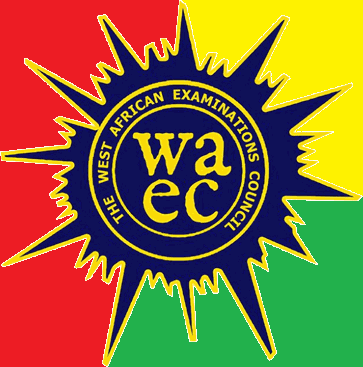 2024 WASSCE Sample and Trial Questions for Candidates
2024 WASSCE Sample and Trial Questions for Candidates 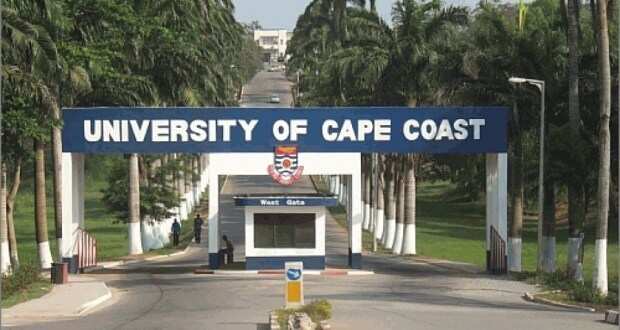 UCC Opens 2024 Postgraduate Admissions For Career-Oriented Sandwich Session
UCC Opens 2024 Postgraduate Admissions For Career-Oriented Sandwich Session 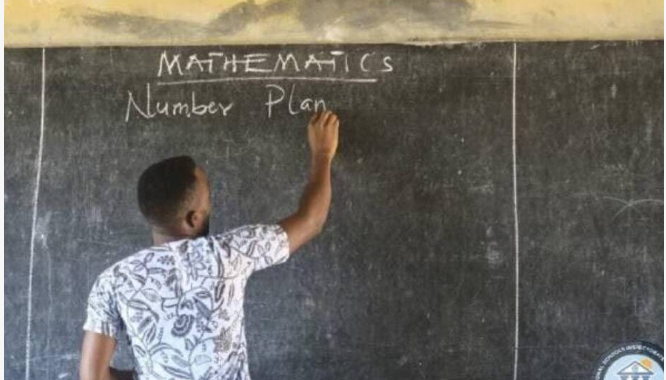 How to apply for 2024/2025 recruitment at GES recruitment portal
How to apply for 2024/2025 recruitment at GES recruitment portal 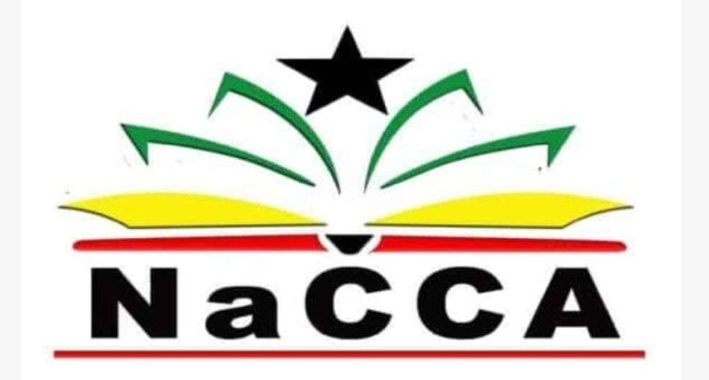 GPA raises concerns over NaCCA books assessment & approval role
GPA raises concerns over NaCCA books assessment & approval role 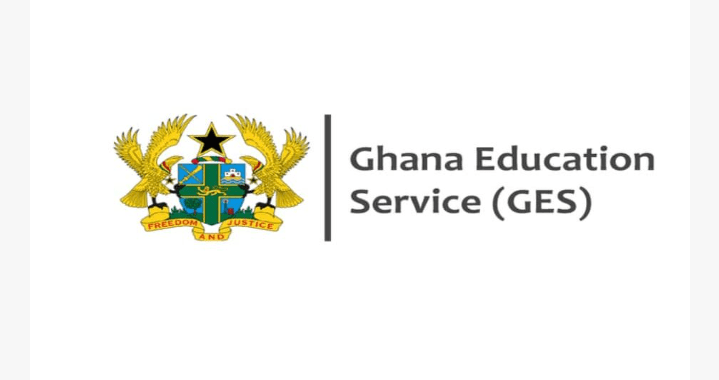 GES ranked 3rd in 2023/2024 Excellence Awards for MoE agencies
GES ranked 3rd in 2023/2024 Excellence Awards for MoE agencies
Why didn’t you meet them when the threatened to go on strike. Be proactive and stop this fire fighting approach. Wisdom is needed to solve problems of this nature. Teachers should not accept anything less that 20%. After all, politicians have taken their ex-gratia and they are happy and teachers deserve better.